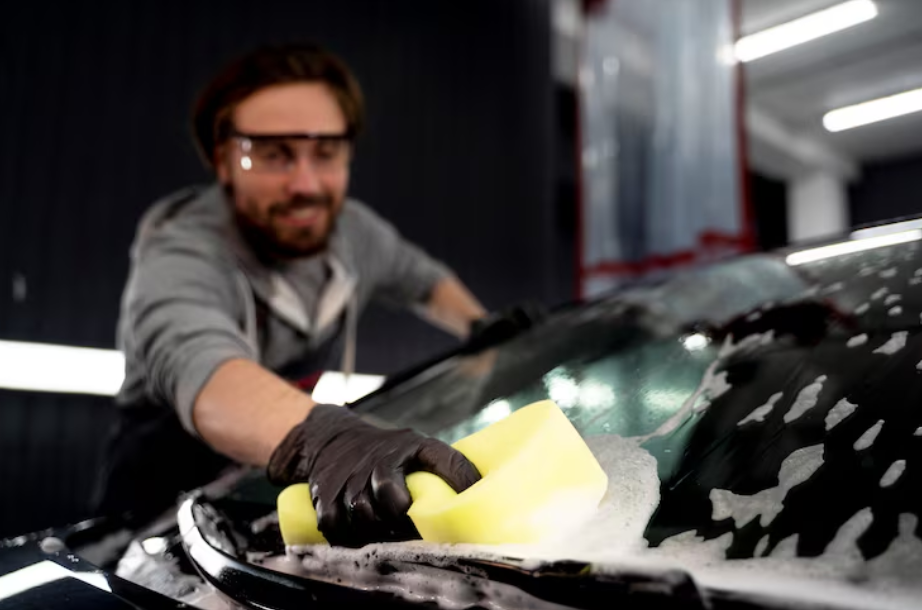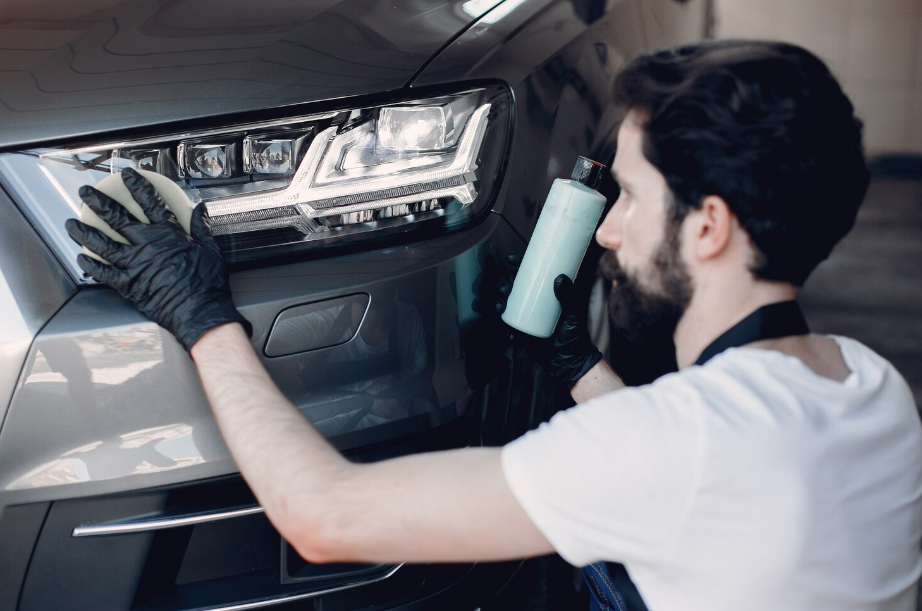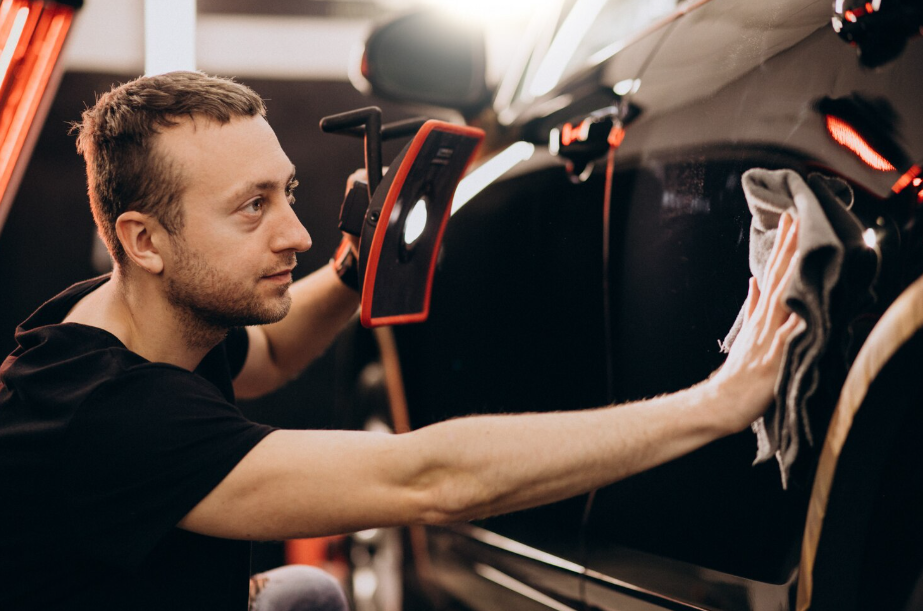Does Detailing Remove Scratches: Facts About Car Scratch Removal
Car scratches are one of those annoying problems every driver faces at some point, whether from shopping carts, tree branches, or just normal wear and tear. The good news is that excellent car detailing can often repair many types of scratches; however, not all scratches respond in the same way. Understanding what detailing can and can't do helps you make smart choices about scratch repair. This guide explains the different types of scratches, the detailing methods that work best, and when you might need professional help to restore your car to its perfect condition.
Understanding Car Scratches
Car scratches come in different depths, and knowing the type you have helps you choose the right repair. Surface scratches only affect the clear coat - the shiny protective layer on top of your paint. These are the easiest to fix and often look worse than they are. Deeper scratches penetrate the clear coat and extend into the actual paint layer, while the most severe scratches reach down to the primer or the metal underneath. You can test scratch depth by gently running your fingernail across it; if your nail catches, it's likely a deeper scratch that requires more work. Checking scratches in good lighting helps you see exactly what you're dealing with before you start any repair work.
Importance of Proper Detailing
Good detailing does much more than make your car look nice - it protects your investment and keeps problems from getting worse. Here are four key reasons why proper detailing matters for your car:
- Protection: Regular detailing creates barriers against UV rays, road salt, and other harmful substances that can damage your paint over time.
- Prevention: Professional cleaning and waxing help prevent small scratches and swirl marks from developing into larger, more expensive problems.
- Longevity: Taking care of your car's exterior and interior surfaces makes them last much longer, saving you money on repairs and replacements.
- Resale Value: A well-maintained car with a scratch-free finish typically commands higher prices when it's time to sell or trade-in.
Types of Car Scratch Removal
Different scratches need different approaches to get the best results. For light surface scratches in the clear coat, polishing compounds can often buff them out completely. These products use very fine abrasives to smooth the surface and blend the scratch away. Deeper scratches that penetrate the paint layer may require touch-up paint to fill in the damaged area, followed by polishing to blend it with the surrounding paint. For scratches that reach the primer or metal, you'll likely need professional repainting of that section to get a perfect match. Wet sanding can handle some medium-depth scratches, but this technique requires skill and experience to avoid making the problem worse.
DIY Vs. Professional Detailing
Deciding whether to fix scratches yourself or hire professionals depends on several factors. Here's what to consider:
- Skill Level: DIY scratch removal takes patience and practice to get right, while professionals have years of experience and training to handle tough problems.
- Time Commitment: Learning proper techniques and doing the work yourself takes much longer than dropping your car off with experts who work efficiently.
- Tools and Products: Acquiring all the necessary tools and products for DIY work can be expensive, especially for a one-time job, whereas professionals already have everything they need.
- Result Quality: Your DIY results depend on your skill level and experience, while professional services usually deliver consistent, high-quality finishes.
Maintaining a Scratch-Free Finish
Preventing scratches is much easier and less expensive than fixing them after they occur. Wash your car regularly with proper car soap and soft microfiber cloths to avoid grinding dirt into the paint. Apply quality wax or sealant every few months to create a protective barrier that helps prevent minor scratches. Park in covered areas whenever possible to protect against sun damage, falling debris, and adverse weather conditions. Avoid automatic car washes with stiff brushes, as they can create tiny scratches all over your car's surface. When you do get small scratches, address them quickly before they can collect dirt and become more noticeable or lead to rust problems.
Other Related Topics:



-22.png)


